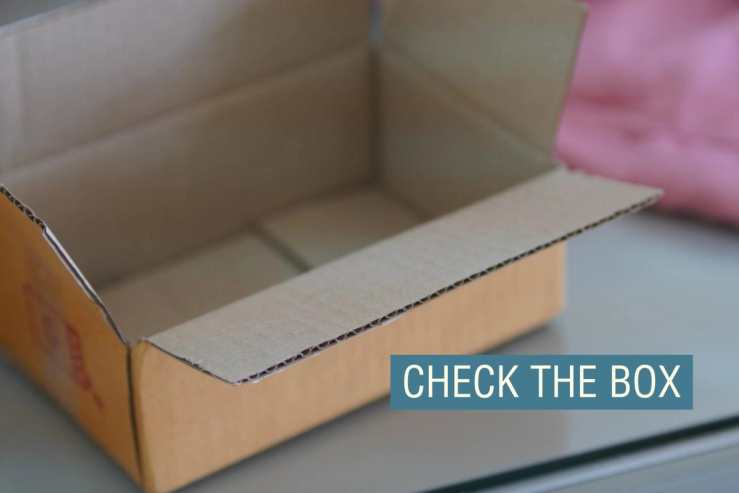Liz’s view
What’s in the boooooox? It’s an urgent question after a series of fraud-tinged bankruptcies have sent Wall Street lenders scrambling to check on their collateral.
The way secured lending works is that the bank sends an appraiser to your house before issuing a mortgage to make sure it a) exists and b) hasn’t been turned into a chimpanzee rescue sanctuary. That system isn’t perfect — sometimes the Chinese hogs are fake — but it works pretty well.
It gets more dangerous late in a credit cycle, where we find ourselves now. Physical collateral is giving way to softer assets like contracted sales, licensing agreements, and other cash flows. In-person inspections are being replaced by emailed spreadsheets that open the door to fraud and negligence.
The bankruptcies of First Brands and Tricolor that have Wall Street on edge allegedly stemmed from falsified financial documents. Two weeks ago, 777 Partners’ founder was criminally charged for allegedly pledging the same collateral to multiple lenders. In all those cases, either nobody looked in the box or they didn’t do it often enough.
The current ghoul is Carriox, which went bankrupt in August with zero assets and hundreds of millions of dollars of debt from BlackRock-owned HPS, collateralized by contracts with T-Mobile and other telecom giants that were allegedly faked. The collateral agent — whose entire job is ensuring that what’s supposed to be in the box was actually in the box — has sued. (A Pyrrhic win for the virtues of showing up: HPS realized it had a problem when an employee visited Carriox’s offices in July and found them closed.)
Fraud is a symptom of bubbles, but so is laziness. It’s easier for borrowers to fabricate contract PDFs than spin up offices full of people doing legitimate business. It’s also easier for lenders not to check when FOMO is high, or tap the brakes rather than slamming them at the first worrying signs. Lending is “basically about [making] certain that your security interest is actually secure,” PNC President Mark Wiedman told me earlier this month. “There are established protocols for how to do this… But when there’s sloppiness and the possibility of fraud, sloppiness is actually very dangerous.”
Don’t just check the box. Check the box.
In this article:
Room for Disagreement
Even diligent collateral checks aren’t foolproof, and determined fraudsters will succeed for a while. HPS hired two firms, including Deloitte, to verify Carriox’s assets by conducting random customer checks — though one was only tasked with annual checks, The Wall Street Journal reported — and still took four years from its initial loan to find the alleged rot.
Notable
- “For those who worry about the fragility of the financial system, there is something oddly reassuring about fraud,” FT’s Lex writes.
- History repeating: The CEO of National Century Financial Enterprises, which borrowed billions of dollars against healthcare receivables before going bankrupt in 2002, was sentenced to 30 years in prison for defrauding lenders including Credit Suisse and PIMCO.


